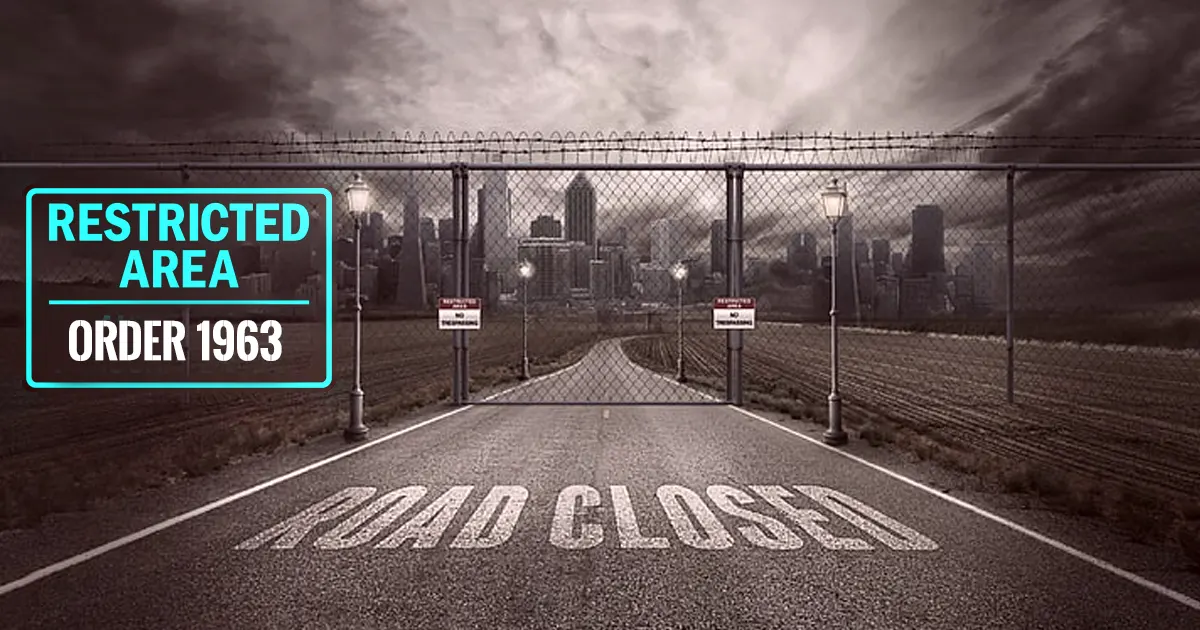GS 3 : INTERNAL SECURITY

The Foreigners (Restricted Areas) Order, 1963 is a legal framework that regulates the entry of foreign nationals into certain areas of India deemed sensitive for security or strategic reasons. These areas are categorized as Restricted Areas, and access is strictly controlled.
Key Points of the Foreigners (Restricted Areas) Order, 1963:
- Restricted Areas: The order designates specific regions of India as Restricted Areas, where foreign nationals are not allowed to enter without prior permission.
- Areas Covered: Some of the regions that fall under this order include the Andaman & Nicobar Islands and parts of Sikkim. The order applies to areas where the government wants to regulate the movement of foreign nationals for reasons such as national security, sovereignty, or preserving the cultural integrity of indigenous communities.
- Special Permission: Foreigners, except Bhutanese nationals, must obtain a Restricted Area Permit (RAP) before visiting these designated areas. The permit is issued by the competent authorities, such as the Ministry of Home Affairs or delegated authorities, and grants approval for foreign nationals to enter and stay in these sensitive areas.
- Purpose: The primary purpose of the order is to ensure the safety and security of these regions, monitor the movement of foreigners, and prevent any potential threat to national security or local communities.
- Exemptions: In some cases, foreigners may be allowed to visit these areas under specific conditions, or certain regions may be temporarily opened to tourism under controlled circumstances.
The Foreigners (Restricted Areas) Order, 1963 is part of India’s broader strategy to manage foreign presence in sensitive regions and ensure the protection of its borders and indigenous populations.




